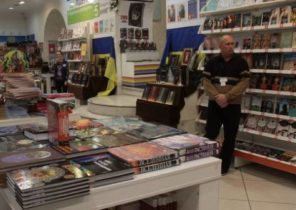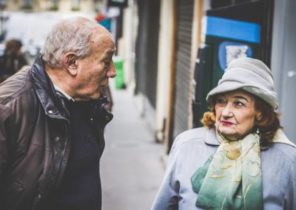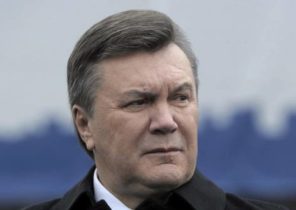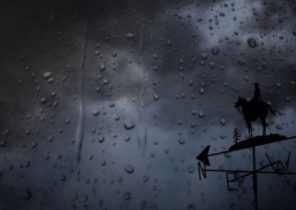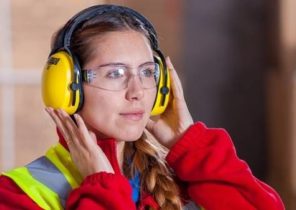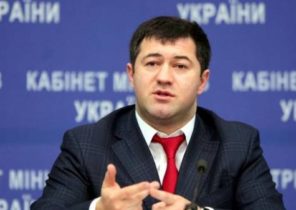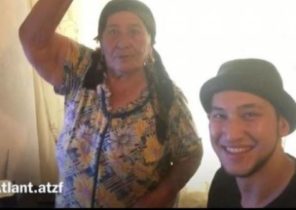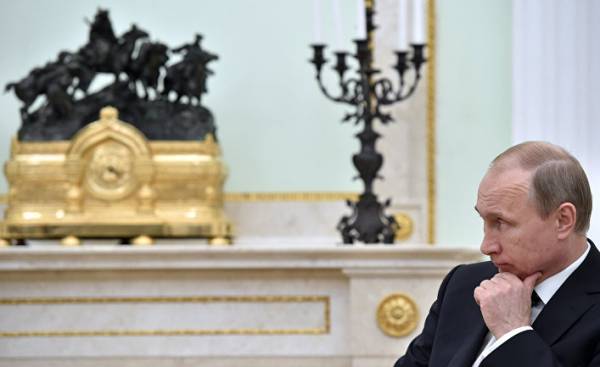
For the first time after the war in solidarity with Russia Italians is gradually approaching the number of those in solidarity with America. Many admire Putin as a strong leader who not only knows what he wants, but quickly turns his knowledge into action. Those who had the chance to visit Moscow, St. Petersburg, and even in Kazan, saw European cities where the roads are crowded with cars, bubbling cultural life, built many brand new buildings, which even in times of recession created the impression of a certain prosperity. Spread the idea that Russia, freed from the Communist regime and made friends with the European right, has again become a superpower, able to compete with the United States, both politically and militarily.
The reality is quite different from this view. The Russian Federation, having lost the 15 republics that were part of the Soviet Union, became a giant with petrified legs. With a territory of 17 million square kilometers, it remains the largest country in the world, but its population is barely 146 million, and this figure is rapidly decreasing, its only a little bit maintains a constant influx of immigrants (Muslims) from Central Asia. Russia’s economy is a tenth of the us, and despite constant demonstration of muscles, from the Crimea to Syria, its military spending barely reaches 11% of the US defense budget. The average life expectancy of Russian men, shrinking due to abuse of vodka is barely 62 years old, this rate is among the lowest in the world, and the farther away from the big cities, you find yourself in an archaic, if not primitive world.
In addition to the still-thriving military industry, the rest of the economy is not characteristic of a developed country: 58% of exports are sales of methane and oil, and 20% of sales of other natural resources. Most of the consumer goods and sanctions this also applies to food processing, imported into the country: this operation, which in the Golden era of oil valued at $ 100 per barrel and economic growth at 7% per year, was painless, now had to radically rethink. The volume of foreign investments, which reached considerable proportions in the years of Yeltsin’s wild capitalism, greatly decreased both because of the legal instability, and more frequent, outrageous actions to the detriment of foreign companies. Even the new rich Russians do not trust the regime, given that in spite of imposed restrictions and ongoing monitoring, there is significant capital flight from the country.
Officially, communism and planned economy in the country does not exist anymore, besides, Putin has decided to ignore even the centennial anniversary of the October revolution, but the presence of the state in the economy in a few years rose from 35% to 70%, and principal economic activities were once again under the direct control of the Kremlin or under the guidance of the Trustees of Putin. The attempts of modernization of the country hardly realized, as the example of the new high-tech city of Innopolis, the remaining abandoned in the state for lack of investors. Corruption is widespread at all levels, so that it has become the reason for people’s protest actions at the end of March this year, the only real organized opposition of power by the lawyer Bulk simultaneously in 100 cities of Russia (despite the fact that the regime media has not mentioned a word about them).
Last Saturday, April 29, in 30 Russian cities held a new protest, this time organized by former oligarch Khodorkovsky, not so long ago released from prison, under the pretext of petitions against poverty wages, Navalny promises 12 June to repeat their actions. Indeed, after seven consecutive trimesters of recession in early 2017, GDP again grew by 0.3%, production increased by 1.3% and the ruble, which in the most darkest moments lost half its value once again increased by 10% against the dollar, but purchasing power is only two-thirds compared with the pre-crisis period. Impoverished, mainly the province where, paradoxically, Putin’s party “United Russia” has the majority of votes.
The popularity of “the king”, which fell to 60% during the crisis, returned to 80%, so it may not have any concerns about the presidential election in 2018, in which Navalny intends to play the role of his opponent. Likely, interested sources said last week about the alleged health problems of the President, however, the Formula 1 Grand Prix in Sochi, he seemed in fine form. During his years in power Putin has built a very effective structure of authority, a bit paradoxically, called “the system”: it incorporates such conflicting elements as the close Alliance with the Orthodox Church and the rehabilitation of Stalin (but not Lenin). Part of the power structure inherited from the former USSR, it concerns the all-powerful FSB (successor of the KGB, where “Tsar” got my experience), almost complete control over the media, only partially disturbed by the spread of social networks, permanent representation on the UN security Council and a nuclear Arsenal comparable to the U.S. Arsenal.
Putin’s innovation can be called a strictly centralized policies, where regional governors, who under Yeltsin was elected, appointed by the President. Putin also launched a radical reorganisation of the armed forces, found a way to get rid of those who irritated him, from journalist Anna Politkovskaya liberal economist Boris Nemtsov, and, most importantly, he chose the tactics of traditional fuel Russian nationalism with the aggressive actions abroad, from the blitz occupation of the Crimea, “war” with Georgia (occupation of South Ossetia) and Ukraine (assistance to the separatist regions in the Donbass), to punish them for their rapprochement with the EU and NATO before the Russian military invasion of Syria. Having full freedom of decision, Putin was able, therefore, to create an image of “great power” with which he wants to fill the void left after the departure of the West, have openly presented to the citizens as the enemy. The only interest that Putin shares with America and Europe, is the fight against Islamist terrorism, but the “Holy Alliance,” of which there were assumptions after choosing the trump has so far not materialized.
